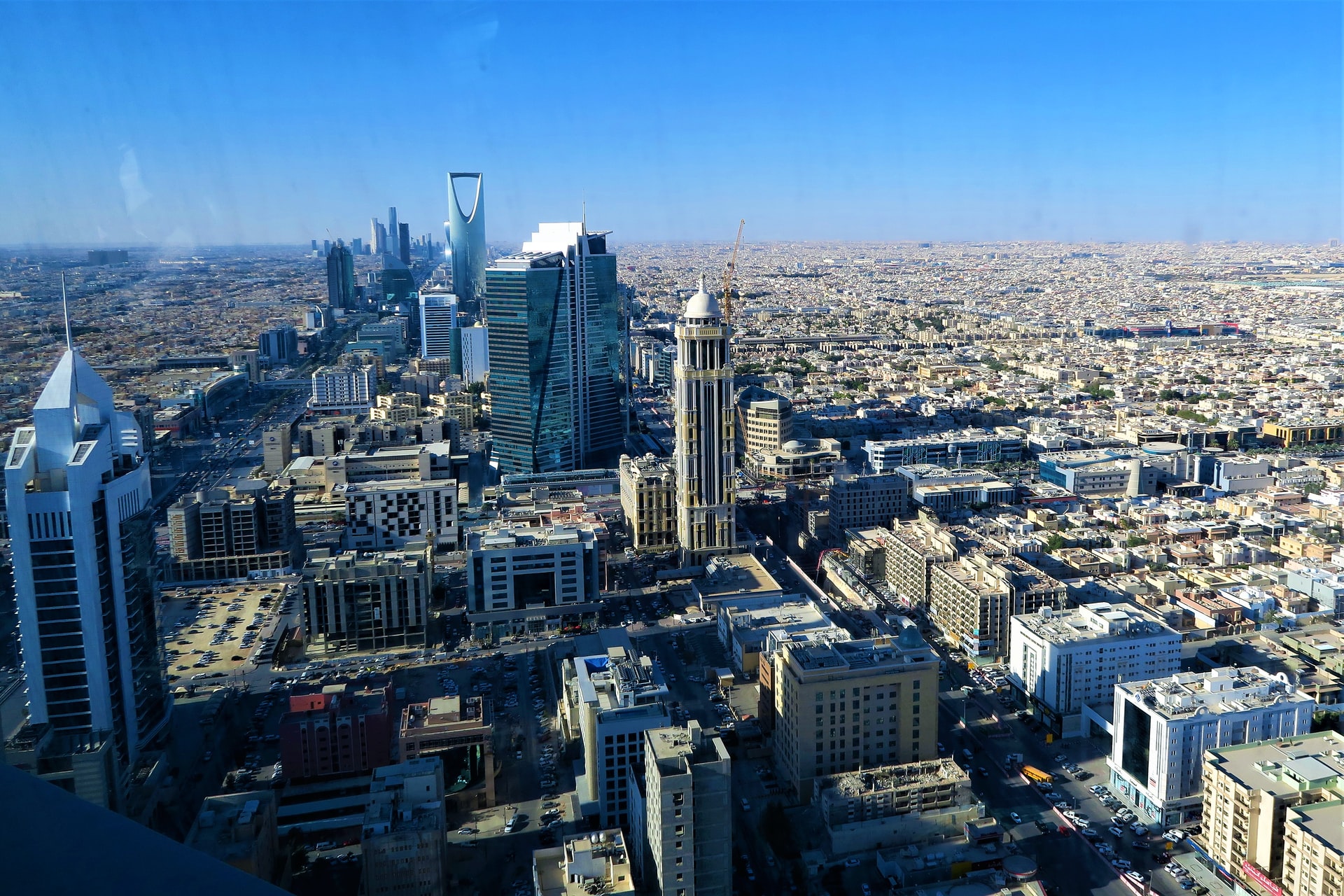I decided to write this post in order to give a brief overview of the Islamic finance industry in KSA to English speakers who might be unaware of how active the industry actually is as KSA is one, if not the largest Islamic finance market in the world.
Retail
KSA is home to some prominent Islamic banks including one of the oldest and largest in the world, Al Rajhi Bank. Besides, Al Rajhi, the other fully fledged Islamic banks are Bank Albilad, Alinma Bank and Bank AlJazira. The other local banks offer various Shariah compliant product options to their customers as well.
Besides banks, there are also smaller Shariah compliant financing companies, which offer financing to retail customers/SMEs e.g. Amlak International, Maalem Finance, Murabaha Marina Finance, Bidaya Home Finance and many more. Furthermore, around 17 out of 31 (more than half) of the insurance companies listed on Tadawul at present are considered to be Shariah compliant, with more and more conventional insurance companies converting to become Shariah compliant.
Investment
Capital market and investment banking activities in KSA are regulated by the Capital Market Authority (CMA). Albilad Capital, Jadwa Investment, Al Rajhi Capital & Alinma Investment and many others offer a wide array of Shariah compliant investment products and services, such as Sukuk, Equities, IPOs, Private Equity, Venture Capital, Multi Asset Funds, Real Estate Funds, REITs, Brokerage, ETFs and the list goes on. An important point to note here, is that investors get real economic exposure to profit or loss (e.g. Musharakah) in many of these funds.
There is a lot of innovation happening in this space e.g. just this year, Albilad Capital launched two innovative Shariah compliant ETFs. One ETF is based on gold which gives investors real exposure to an important asset class as it enables them to easily buy & sell gold on a Shariah compliant basis. The other ETF was based on Sovereign KSA Sukuk enabling smaller retail investors to invest and get exposure to another Shariah compliant asset class.
With regards to Sukuk, there are a lot of domestic issuances from Corporates, which are placed locally and are usually oversubscribed. Furthermore, the ongoing riyal-denominated domestic Sukuk programme of the KSA government is very active. With regards to Equities, according to a recent Shariah compliant share list, 174 out of 202 (86%) shares listed on the Saudi Stock Exchange (Tadawul) were considered to meet acceptable Shariah compliance standards.
Shariah Expertise
As many know, KSA is home to many highly regarded Shariah scholars and many of them are involved in Islamic finance to some extent. In fact, six of the current Shariah board members of AAOIFI are from KSA. Furthermore, Shariah departments are active in regularly publishing very detailed relevant Shariah research in the field in order to spread knowledge and encourage discussion amongst Shariah experts in the field. Other activities conducted by Shariah departments include publishing books and releasing educational videos.
Another fantastic initiative, is that the Shariah departments of IFIs or other concerned stakeholders including Regulators, arrange conferences and workshops where Shariah research papers on new Shariah issues are presented and discussed among Shariah experts and other experts from different backgrounds. The good thing about these initiatives is that it encourages interaction among various Shariah experts and practitioners working in the field from various financial institutions. Additionally, Shariah Scholars who are from out of the industry are also invited to share their feedback on the presented research papers which is important as it enables the participants to hear a wide range of feedback.
Recent topics which have been discussed at these types of events have been short-selling, the issue of major maintenance responsibility in Ijarah contracts, guarantees in investment contracts and the deferred sale of gold jewellery. The most recent one was arranged by the Saudi Real Estate Refinance Company (SRC), a subsidiary of PIF, in collaboration with AlSayari Law Firm, to discuss the important topic of securitisation of debt receivables. The event was attended by the Minister of Housing as well as prominent Shariah Scholars. Regulators also involve Shariah experts extensively when coming up with new Islamic finance regulations or standardising Shariah compliant contracts.
Other Information
1. The Islamic Development Bank (IDB), a Shariah compliant multilateral institution is based in Jeddah including its subsidiaries such as ICD & IRTI.
2. The General Authority of Zakat & Tax (GAZIT) is responsible for the collection Zakat from companies and has a Shariah Board as well as a Shariah department.
3. Family Offices are actively involved in Shariah compliant investments and activities.
4. The Saudi Arabian Monetary Authority (SAMA) issued a new Shariah governance framework in early 2020.
5. There are Waqf funds which have been established by IFIs in collaboration with other stakeholders.
6. There is a General Authority for Awqaf.
7. Shariah Compliant Fintech companies are being established by entrepreneurs.
This post is not exhaustive, however, I hope that it will give a glimpse of the Islamic finance industry in KSA.

